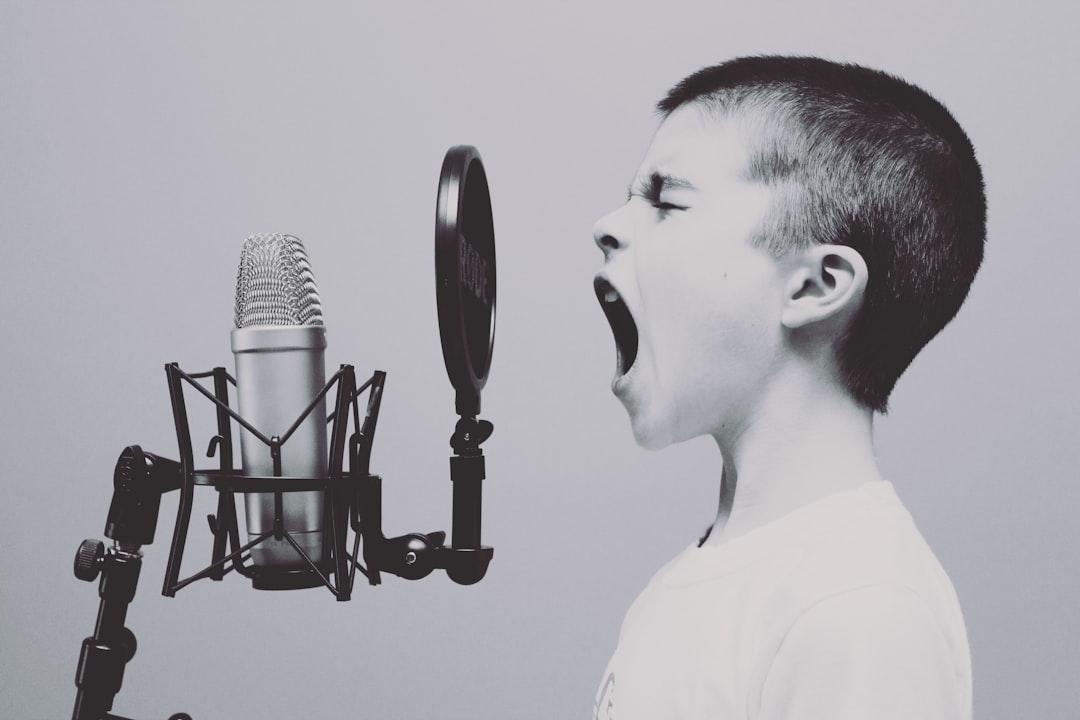How Music Therapy Can Improve Mental Health
Music has always been a powerful tool for self-expression, relaxation, and emotional release. But did you know that it can also have a profound impact on our mental health? Music therapy, a form of therapy that uses music to address emotional, cognitive, and social needs, has been shown to improve mental health in various ways.
Reducing Stress and Anxiety
One of the most significant benefits of music therapy is its ability to reduce stress and anxiety. Listening to calming music can lower cortisol levels, a hormone associated with stress, and trigger the release of endorphins, which are natural mood elevators. Playing an instrument or singing can also serve as a form of self-soothing and distraction from anxious thoughts.
Enhancing Mood and Emotional Well-being
Listening to uplifting music can have a direct impact on our mood and emotional well-being. When we listen to music we enjoy, our brain releases dopamine, a neurotransmitter associated with pleasure and reward. This can help improve our overall mood and provide a temporary escape from negative emotions.
Boosting Cognitive Function
Music therapy has also been found to enhance cognitive function in individuals with mental health conditions such as dementia and Alzheimer's disease. Listening to familiar music can stimulate memories and improve cognitive abilities such as attention, concentration, and memory recall. Playing an instrument or engaging in musical activities can also improve coordination and motor skills.
Promoting Self-expression and Communication
For individuals who struggle with verbal communication, music therapy can provide an alternative means of self-expression. Playing an instrument, singing, or even listening to music can help individuals express their emotions and thoughts in a non-verbal way. This can be particularly beneficial for individuals with autism, developmental disabilities, or those who have difficulty expressing themselves verbally.
Providing a Sense of Community and Belonging
Participating in music therapy sessions, such as group singing or drumming circles, can create a sense of community and belonging. Music has the power to bring people together, fostering social connections and reducing feelings of isolation. This sense of belonging can be especially important for individuals struggling with mental health issues, as it provides a supportive and inclusive environment.
Improving Sleep Quality
Many individuals with mental health conditions also struggle with sleep problems. Music therapy can help improve sleep quality by promoting relaxation and reducing anxiety. Listening to calming music before bedtime can create a soothing environment and help individuals fall asleep faster and experience more restful sleep.
Conclusion
Music therapy is a powerful tool for improving mental health and well-being. Whether it's listening to music, playing an instrument, or participating in group sessions, the therapeutic benefits of music are undeniable. If you're looking for a natural and enjoyable way to enhance your mental health, consider incorporating music therapy into your self-care routine.






